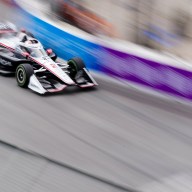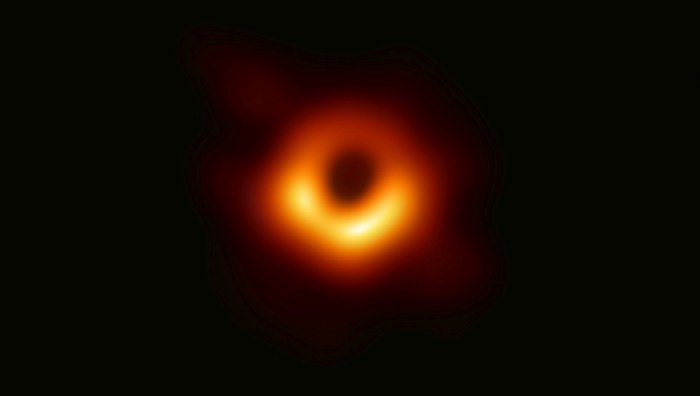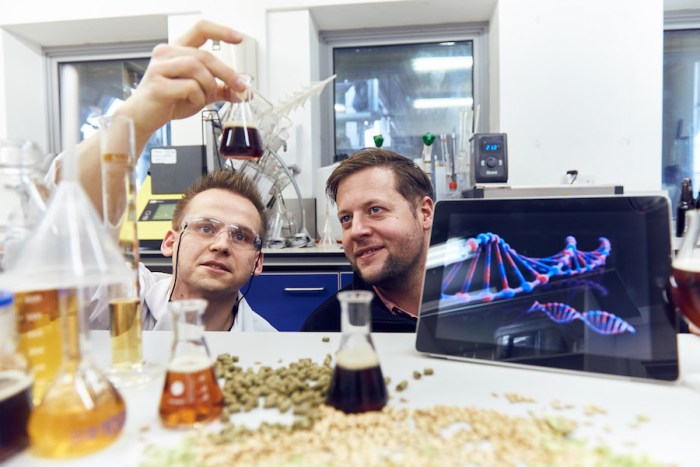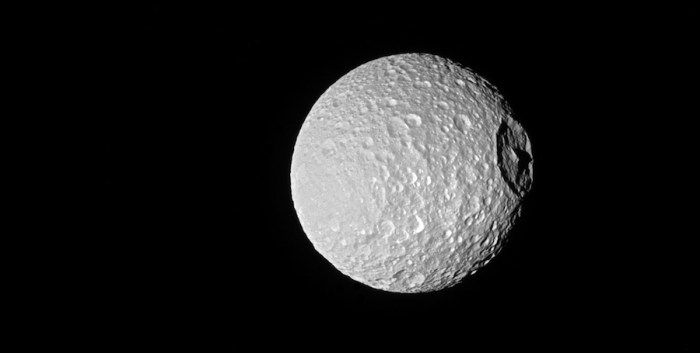Seabirds across the globe eat plastic because it smells like food, not because it looks like it, researchers from the University of California, Davis determined in a study published in the journal Science Advances. The scientists project that by the year 2050 nearly every seabird on earth will have eaten plastic.
Birds such as albatrosses, petrels and shearwaters locate their food by smell, and are particularly attracted to the scent of a chemical called dimethyl sulfide, which the researchers say is also being emitted by plastic when algae or plankton cling to it. The plastic itself might also be giving off an appetizing sulfide fume. For the experiment, scientists plopped plastic beads of different varieties in the ocean (in a way that would not pollute the water and in which they could be retrieved). After three weeks, the beads were tested and all showed chemical changes that led to the emission of dimethyl sulfide, while the plastics in the lab did not. The new research challenges the previous theory that birds and animals eat the plastic because it looks like food. The UC study suggests that the chemicals emitted from the plastics might also be tricking turtles, penguins, fish and dolphins into eating them. The next step would be for scientists to determine a way to get birds to stop eating it.
Study shows seabirds eat plastic because it smells like food
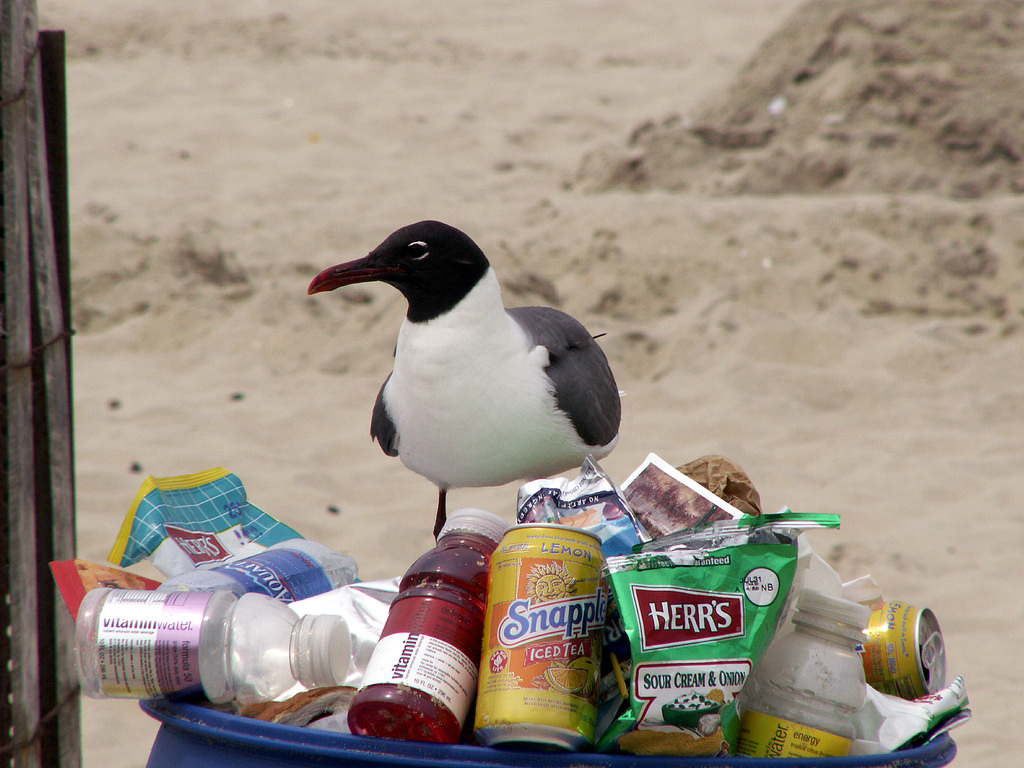
Jackie/Creative Commons


